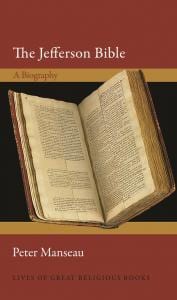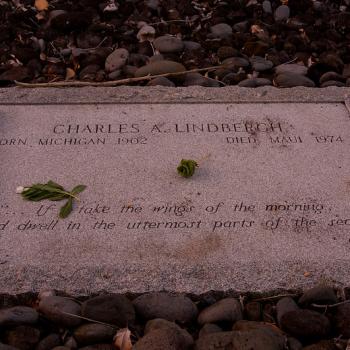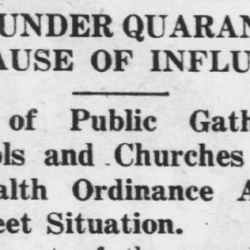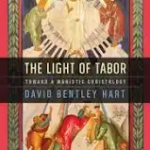Peter Manseau is Curator of American Religious History at the Smithsonian. His most recent book is The Jefferson Bible: A Biography, a contribution to Princeton University Press’s Lives of Great Religious Books series. Thanks, Peter, for engaging in this conversation about your book about Jefferson’s Bible project. What is the Jefferson Bible, and how did Jefferson create it? The book best known known as the Jefferson Bible is a collage of Gospel verses that Jefferson called “The Life and Morals... Read more















